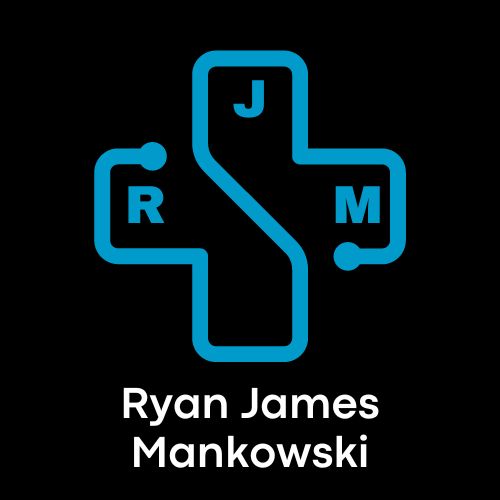Artificial Intelligence (AI) has revolutionized various industries, and healthcare is no exception. With its ability to analyze vast amounts of data, identify patterns, and make predictions, AI has the potential to transform healthcare delivery, improve patient outcomes, and streamline processes. By understanding the potential of AI in healthcare, we can harness its power to drive innovation and enhance patient care.
Enhancing Diagnosis and Treatment
One of the significant contributions of AI in healthcare is its ability to assist in accurate diagnosis and personalized treatment plans. AI algorithms can analyze medical images, such as X-rays, CT scans, and MRIs, to detect anomalies and assist radiologists in identifying potential diseases or conditions. AI can also analyze patient data, including medical records and genetic information, to provide tailored treatment recommendations based on individual characteristics and past outcomes.
Predictive Analytics and Early Detection
AI-powered predictive analytics can analyze patient data to identify patterns and risk factors associated with various diseases. By leveraging machine learning algorithms, healthcare providers can predict disease progression, identify high-risk patients, and intervene early. This enables proactive and preventive care, potentially reducing hospital admissions and improving patient outcomes.
Improving Administrative Efficiency
AI can streamline administrative tasks in healthcare, saving time and resources. Natural Language Processing (NLP) algorithms can automate transcription services, accurately converting spoken medical information into written records. AI-powered chatbots can provide 24/7 patient support, answer common questions, schedule appointments, and provide basic medical advice. These technologies free up healthcare professionals’ time, allowing them to focus on more complex tasks and patient care.
Drug Discovery and Development
AI is revolutionizing the process of drug discovery and development. AI algorithms can identify potential drug targets, predict drug efficacy, and even design new molecules by analyzing vast amounts of medical literature, scientific research, and patient data. This accelerates the drug development process and promises to discover new treatments for various diseases.
Remote Patient Monitoring
AI-powered devices and wearables enable remote patient monitoring, particularly beneficial for individuals with chronic conditions or requiring continuous monitoring. These devices can collect real-time patient data, such as heart rate, blood pressure, and glucose levels, and transmit it to healthcare providers. AI algorithms can analyze this data for early detection of abnormalities and enable timely intervention, reducing hospital readmissions and improving patient management.
The integration of artificial intelligence in healthcare holds immense potential to transform the industry. The future of healthcare is undoubtedly intertwined with the capabilities of artificial intelligence.

